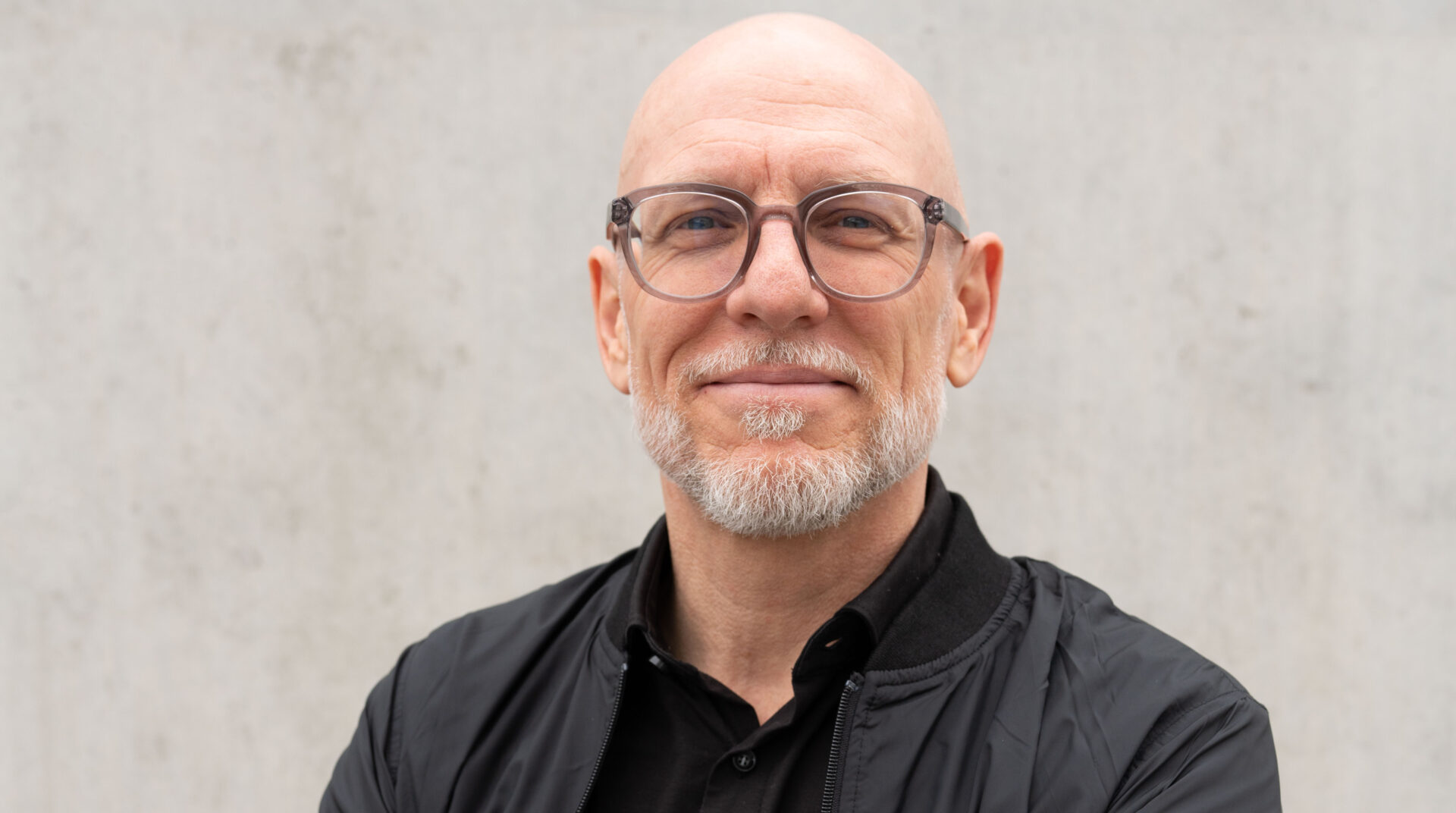
Porsche has been on a transformation journey for a long time – that’s what made the company so successful and simply stay Porsche, is the constant adaptation. With the launch of its Strategy 2018, the company aimed at to keep profit margins high amid the unstable market. Porsche’s goal is continued growth by value added investment opportunities and expansion. This was also at the time it was preparing to launch its first compact SUV, the Macan, to a broader customer base.
“It was not just the launch of a smaller SUV, we were also expecting new customers joining our brand for the first time and this was a new step-up. We launched a dealer consulting program (Porsche Business Excellence) to jointly identify room for improvement – investors, retailers and HQ – hand-in-hand as partners. We identified through the workshops and staff surveys we undertook that 80% of operations are the same at all dealerships no matter which country they are in however 20% is the ‘local flavor’ that is different. But the key element that remains the same is how people are managed, treated, motivated, and incentivized as this drives a high-performance team, which ultimately benefits the customer.”
Porsche has more than 860 dealerships globally, of which only a small amount belongs to Porsche. The majority of these dealers are in hands of independent investors.
A relentless focus on customer service
Buy in for ‘Strategy 2018’ from its network of dealerships was essential in order to meet the company’s transformation ambitions. Further, ensuring that everyone across the Porsche network continued their relentless focus on customer service was critical.
Ullrich deliberated at the time how to ensure that Porsche’s entire network of dealerships were offering the ultimate customer experience and, importantly, were able to offer this level of service to a new type of customer.
Ullrich was tasked with establishing a number of initiatives and programs to engage all staff and stakeholders across the organization. The people-focused programs, such as the Porsche Dealer Academy, a kind of executive MBA for General Managers, would continue to benefit the organization for the years ahead and helped to firm up its culture of customer centricity.
An ongoing digital transformation journey
Porsche continued to progress and evolved by launching its initial 2025 Strategy under the motto “The future of sports cars” focusing on its product portfolio. This combined tradition with innovative technology and sustainability – aspects such as electromobility, digitalization and connectivity played a key aspect. Despite all the new changes there was one constant: Porsche will stay true to itself – Porsche. And people will stay a key enabler in this strategy when focusing on retail transformation with e.g., a newly job role portfolio, a sharpened understanding of a cultural behavior and further enabling leaders in multiple management programs to drive customer centricity. The success was in part spurred by the recognition that every employee had the ability to embrace change and in doing so become drivers of the transformation.
“My work is all about people,” explains Ullrich. “Their buy-in is instrumental in driving change.”
Ullrich explains that at Porsche the customer is always center stage. The company is motivated to ensure that every customer experience, no matter the touchpoint, is optimal. It is this aspiration that motivated Ullrich to explore how to use data to build a deeper understanding of Porsche’s customers and how to serve them in an evolving & seamless omni channel environment.
Bringing the ‘Porsche experience’ into the digital era
In his capacity as the Global Head of HR Retail Development, with a focus on People Excellence, Ullrich considers how the retail organization will look in the future, he is focused on understanding it from a customer perspective. The questions he continually grapples with are focused on what customers need and what does a seamless omni channel journey mean for them. When considering new retail formats, he needs to ensure that it offers a seamless interaction experience for the customer, no matter where they interact with the brand.
He is particularly interested in an approach that considers culture, mindset and behavior as is seen in the successful service industry model. “Hotels and airlines have been doing this well for decades, offering personalized services to their customers, and that’s the level of service we want to offer our customers across our entire network.”
The data-driven decision-making opportunity
Ullrich identified the significant opportunity that data-driven decision-making presents when it comes to customer service. His interest in establishing a digital strategy to conduct data-driven decision making at Porsche ultimately motivated him to pursue the Digital Excellence Diploma at IMD.
“When I started the Digital Excellence Diploma at IMD I wanted to know how I could ensure that when a customer comes into any store or any other virtual touchpoint that the customer expectation is not just met, that it is overachieved. I wanted to know how I could equip my team with the ability to do that.”
“I wanted to know how to focus and measure information from disparate systems across our wide dealership network. I also wanted to figure out how to show the business case for tracking this information.”
The business case for a virtual assistant for retail staff
Porsche and its dealership network have amassed a robust volume of customer data, which Ullrich saw as an opportunity to create better customer experiences through harnessing the data to inform the customer experience. This motivated him to explore solutions that would enable Porsche’s salesforce to access this information effectively.
“We have access to a CRM database, and we have data produced by our vehicles but hardly data from our global staff to identify their actual needs to provide this expected customer experience, and I knew that if we could match this information, we could use it to create a great customer experience.”
It was clear to Ullrich that building blocks were there, but he was grappling with how to get the information to retail staff as they need it in a seamless way. He said that he saw the opportunity to use virtual assistant technology to do this because he felt that this solution would be ideal in a retail environment.
“I needed to figure out what kind of sensor or virtual assistant we could find to provide this service.”
It became apparent though that the sensors needed to access and make sense of Porsche’s data and its dealership data do not exist currently, especially within the context of a legal framework around customer data protection. But the business case was compelling.
Ullrich chose to focus his final diploma paper on solving the challenge he faced.
“At that time, I only had an idea. I was not an expert in e.g., machine learning but going through the course I could start to grapple with a range of possibilities.”
When reflecting on what he learnt, Ullrich says that his goal was not to be a great data scientist in the end, but it was rather for him to have the ability to see the bigger picture and drill back down. He was able to understand better what data is needed, how to access it and, importantly, how to determine what kind of systems to use.
After completing his Digital Excellence Diploma, Ullrich has since had the opportunity to present the business case for data-driven decision-making at Porsche. He is now working on sensor prototypes to enable this.


